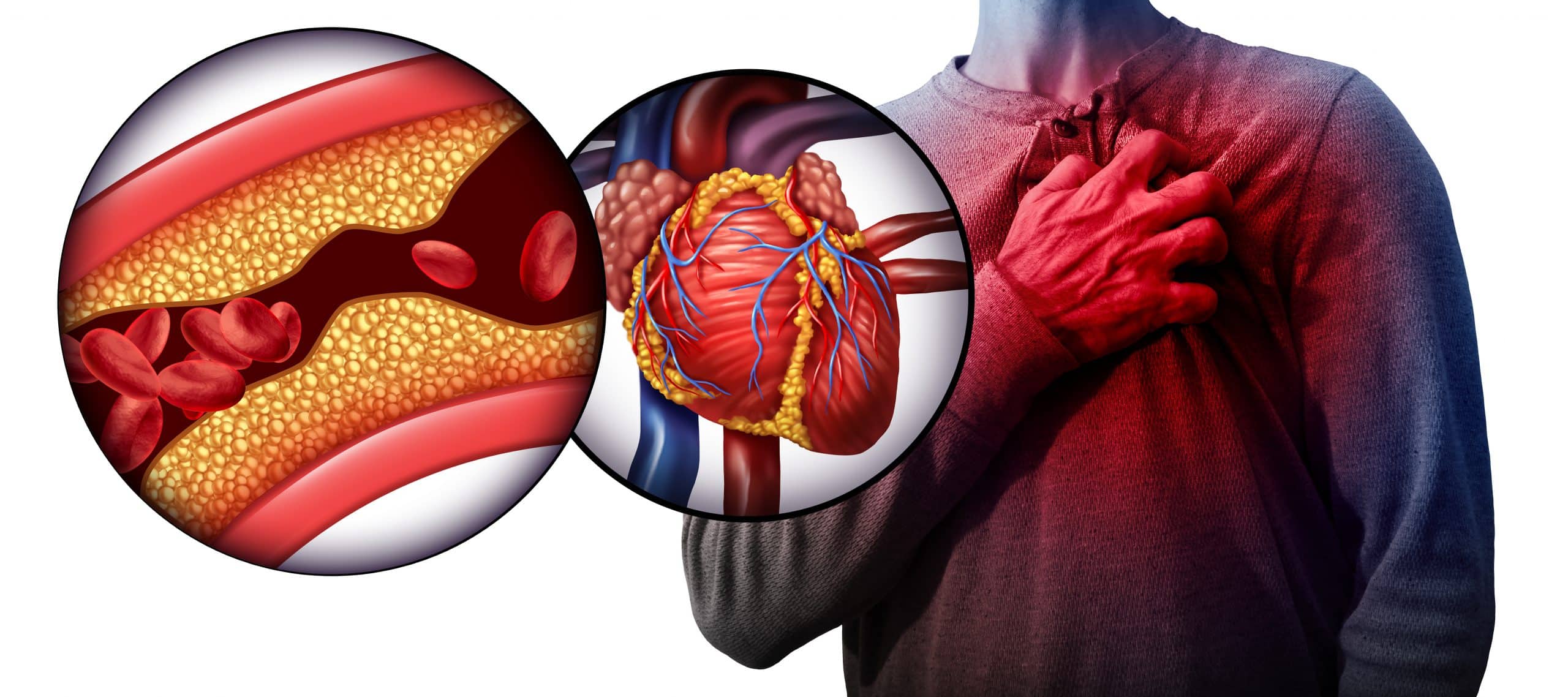03/22/2018
Does Football Increase Risk of Cardiovascular Disease?
Everyone knows that certain lifestyle habits and diets, such as smoking or eating fatty foods, can increase risk of cardiovascular disease (CVD). Exercise is often recommended as a preventative action for individuals who have been identified as having risk factors for cardiovascular disease, so why would a team sport like football even be associated with an increased risk of CVD?
Football & CVD: Is There a Link?
Researchers aimed to explore this idea in depth. A recent study conducted by the American College of Cardiology found that certain conditions, like atrial fibrillation or arrhythmias, were up to five times as common in football players when compared to the general public. Other cardiovascular concerns, such as structural changes in the heart, were increased in football players. These findings are significant because cardiovascular risk factors for heart disease include structural and functional cardiovascular abnormalities, according to the Heart Rhythm Society.
Opposing Views
While some studies suggest that the risk of CVD is increased among football players, others refute that information with different research results. As reported by the Centers for Disease Control, a study conducted in 1994 looked at professional football players and conditions that contributed to death. This particular records-based study found that the risk of dying from heart disease was lower among football players when compared to the general population.
Shared Risk Factors
In 2010, the New York Times reported on a different study that explored cardiovascular disorders in football players. This research uncovered many of the issues players face both on and off the field that are risks shared with members of the general population, including:
- Poor diet. Eating well is more than avoiding fat; it’s also taking in balanced nutrients at each meal. Football players, particularly those in retirement, may not have the healthiest eating habits. As an example, many professional athletes consume high amounts of protein to keep muscle tone intact, but doing so can also increase calorie and fat intake.
- History of injury. Any sport can lead to injury, and football players’ careers can be over after one hard fall on the field. For players with long careers, repeated injuries can slowly deplete their ability to engage in physical activity. As a result, players may not get the amount of exercise they should to ward off heart disease.
- Mental health and substance abuse issues. Not unlike the general population, football players can face tough personal and financial situations that can contribute to increased risk of psychiatric disorders and substance abuse. Individuals suffering from mental health problems tend to be less likely to take the preventative steps needed to reduce risk of cardiovascular disease.
These are just a few factors uncovered by research that contribute to increased cardiovascular disease risk.
The Final Word
Does football increase risk of CVD? In and of itself, the act of playing football is unlikely to affect development of cardiovascular disease among current and retired players. However, the stress that can be associated with playing professional football, as well as heredity and lifestyle choices, do contribute significantly to CVD rates in football players.
For more information about how football or any other physical activity can affect your risk for cardiovascular disease, please visit our website at www.cvgcares.com.



